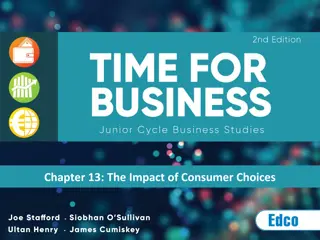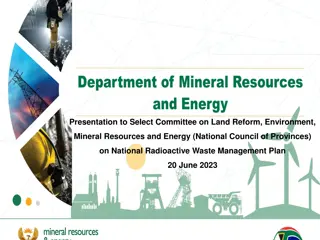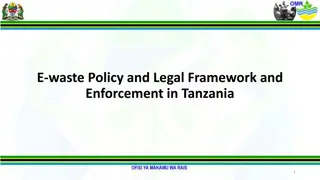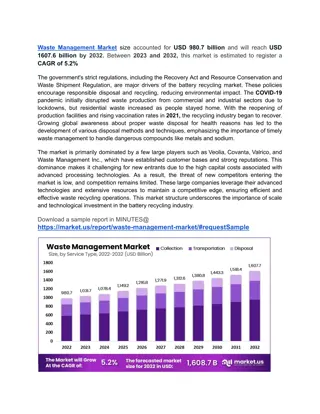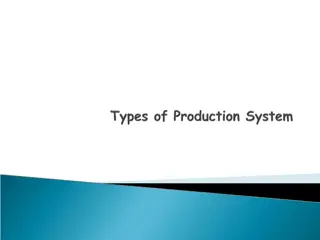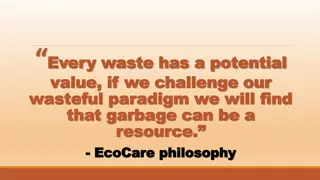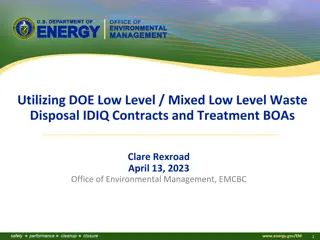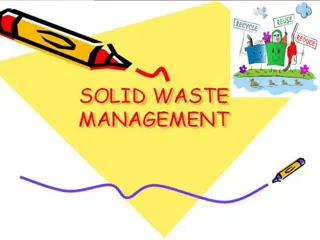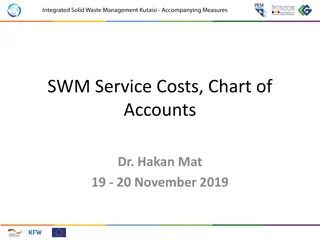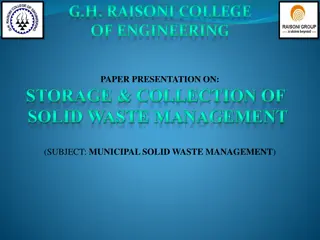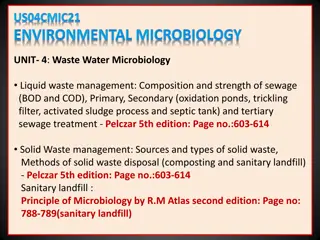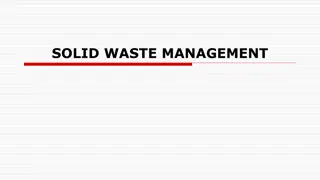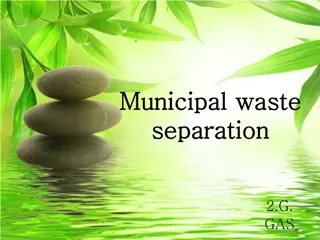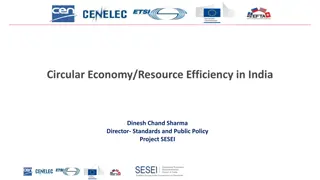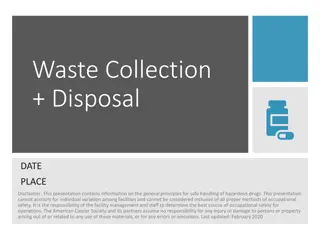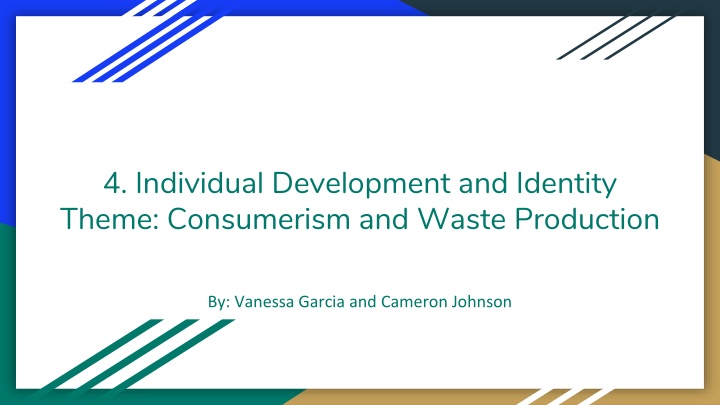
Exploring Consumerism, Waste Production, and Personal Identity
The theme highlights the impact of consumerism and waste production on personal identity development. It discusses how cultural influences, institutional factors, and personal experiences shape individual identities in the context of consumption patterns and waste generation. The connection between consumer behavior, identity formation, and environmental impact is explored, emphasizing the importance of understanding these dynamics in psychology, sociology, and anthropology.
Download Presentation

Please find below an Image/Link to download the presentation.
The content on the website is provided AS IS for your information and personal use only. It may not be sold, licensed, or shared on other websites without obtaining consent from the author. If you encounter any issues during the download, it is possible that the publisher has removed the file from their server.
You are allowed to download the files provided on this website for personal or commercial use, subject to the condition that they are used lawfully. All files are the property of their respective owners.
The content on the website is provided AS IS for your information and personal use only. It may not be sold, licensed, or shared on other websites without obtaining consent from the author.
E N D
Presentation Transcript
4. Individual Development and Identity Theme: Consumerism and Waste Production By: Vanessa Garcia and Cameron Johnson
Current consumption patterns involving high degree of consumerism and this is very wasteful. Goods produced for one time use create massive amounts of solid waste. Packing material for white goods are resource intensive, wasteful, and contribute to solid waste. C
Personal identity is shaped by an individual's culture, by institutional influences, and by lived experiences shared with people inside and outside the individual s own culture throughout her or his development. One way that consumerism and waste products can impact an individual s identity is through one s culture. This is because every culture has their own way of packaging their products and some can be more environmentally friendly. One example of this is a Bento Box, which is a meal common in Japan. C
Personal identity is shaped by an individual's culture, by institutional influences, and by lived experiences shared with people inside and outside the individual s own culture throughout her or his development. Another way that consumerism and waste products can impact an individual s identity is through one s institutional influences. These influences can be anything from posters on the walls to assemblies advocating for students to recycle. C
Personal identity is shaped by an individual's culture, by institutional influences, and by lived experiences shared with people inside and outside the individual s own culture throughout her or his development. The final way that consumerism and waste products can impact an individual s identity is through one s personal experiences. What a person personally experiences in their lives has a bigger impact than most people realize. Our first hand experiences with anything can change who we are and how we think. C
Questions related to identity and development, which are important in psychology, sociology, and anthropology, are central to the understanding of who we are. This refers to how we change emotionally, physically, and even intellectually. As we grow we begin to need, and therefore, consume a greater amount of items, such as hygiene products and clothing. We also begin to develop hobbies which can contribute to solid waste. V
The study of individual development and identity will help students to describe factors important to the development of personal identity. After one discovers the impacts that consumerism and waste products can have, they could begin to want to take action and discover their voice. This can then lead to them discovering new ways to conserve by looking at other culture s approach to consumerism. This helps students discover who they are by giving them the sense of purpose. C
In the early grades, young learners develop their personal identities in the context of families, peers, schools, and communities. As we start to find out and learn about what consumerism is and the impact it has on Earth, we can begin to share those ideas of how to help our planet with others. Our awareness about the significance of this issue can then lead us to create ideas of our own on how to help and work together with family, friends and peers to make it happen. V
Rising consumption has helped meet basic needs and create jobs. But as we enter a new century, this unprecedented consumer appetite is undermining the natural systems we all depend on, and making it even harder for the world s poor to meet their basic needs. Christopher Flavin President of Worldwatch Institute V

